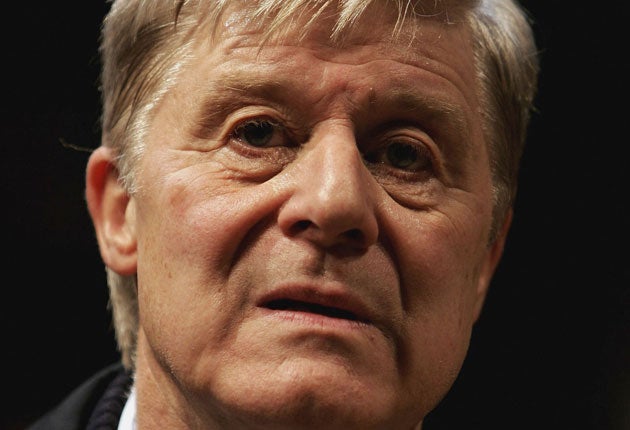Sales soar as talking books mark 75 years
What began as a public service for blinded First World War veterans is now a major publishing success story

They started as an aid for battle casualties and elderly people with failing eyesight. Now talking books are a publishing sensation, enjoyed by millions as an alternative to the printed word.
According to the most recent sales figures from the Publishers Association, downloads of audio books grew by 72 per cent between 2008 and 2009. Sales of talking books on CD, cassette and DVD also grew to an annual £22.4m, according to the sales monitoring company Nielsen BookScan.
It all began very differently. Exactly 75 years ago today, audio books were first produced as a public service for soldiers blinded in the First World War. The Talking Books Service, an audio library run by the Royal National Institute of Blind People, was launched in 1935, when Agatha Christie's The Murder of Roger Ackroyd was recorded on to LPs and distributed to users, along with a large record player. Modern technology – particularly MP3 players – and a growing roster of high-profile narrators, have given the format a dramatic boost.
AudioGO, which took over BBC Audiobooks last year, is one of the UK's largest producers of recorded books, and passed a landmark millionth download last year. Its publishing director Jan Paterson said: "The market is growing all the time. The portability of MP3 players has made more people interested in listening to books. The perception of the audio book as something for older people has changed because people listen to them while doing other things."
The RNIB has been a major beneficiary, with the five audio books it offered in 1935 growing to more than 18,000 titles, which are distributed to 1.76 million Britons.
The actor Martin Jarvis, who has narrated hundreds of books, said: "I get letters from people all the time who say they listen to me in their cars or hear my voice coming from their children's bedrooms. When I record I'm shooting a movie in my mind; I want the listener to forget they're listening and imagine they're there."
Sir Duncan Watson, 84, vice-president of the RNIB, said: "I've been using Talking Books since I lost my sight at 16. They were on big records then and didn't play for long, but now I've just heard Alastair Campbell's The Blair Years on two CDs. It really gives you a window on the world."
Sue Townsend: Author of the Adrian Mole series
One day, after a heavy writing stint, I lay down on the sofa with a copy of Simon Gray's diaries. I read 17 pages then I went to sleep. When I awoke I couldn't see. Those 17 pages were the last words I read unaided.
The RNIB Talking Books Service lifted me out of the pit of misery. I went on holiday and lay listening to hours of beautifully read books. Talking Books helped me to realise that it was possible to be well read without books.
Talented talkers: Voices that bring words to life
Stephen Fry has made a fortune as the official narrator of the audio books for all J K Rowling's Harry Potter series in the UK. His output pales, however, compared with actors Miriam Margolyes and Martin Jarvis, two of Britain's most prolific recorders of talking books.
Jarvis was described by columnist Christopher Hitchens as like "a company of actors inside one suit" after he listened to his recordings of P G Wodehouse's novels.
Roald Dahl recorded several readings of his own children's books, including Fantastic Mr Fox and The Giraffe and the Pelly and Me, often beginning tapes with the words: "Read by Roald Dahl, that's me."
The tones of Joanna Lumley have also become ubiquitous on audio books; the actress has narrated everything from Jane Austen's Pride and Prejudice to war poetry and Dahl's Esio Trot.
Gordon Brown used the Talking Books service after an operation on his retina when he was 21 meant he was entirely blind for several days, while Margaret Thatcher also borrowed from the RNIB library after an eye operation. The actor Eric Sykes and poet laureate Sir John Betjeman also used the service.
Join our commenting forum
Join thought-provoking conversations, follow other Independent readers and see their replies
Comments